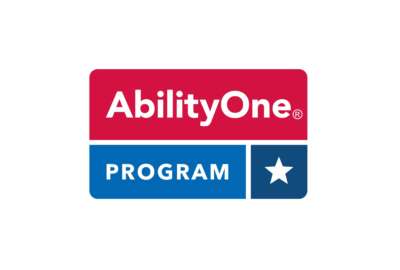What has the Army learned in Afghanistan and Iraq?
Col. Thomas Roe, director of the Center for Army Lessons Learned, offers insight on how the Army takes what it has learned from fighting in Afghanistan and Iraq and...
wfedstaff | June 4, 2015 4:23 pm
The U.S. military is now out of Iraq and is drawing down from Afghanistan. Based on the guidance the Pentagon issued last week, the nation’s ground forces are going to get smaller. But military leaders say they learned a tremendous amount during the last 10 years of war, lessons they want to preserve for future fights.
The Center for Army Lessons Learned is the Army’s one center for collecting, disseminating and facilitating the use of lessons learned.
“Basically, we use what has come out of hard, difficult times to improve how we do business in the Army,” said Col. Thomas Roe, the center’s director. He spoke to The Federal Drive with Tom Temin on Monday, highlighting a handful of the thousands of lessons gleaned from America’s latest conflicts. 
Warfighters must also adopt a cultural approach, finding the key decision makers and ensuring awareness of the surrounding culture and environment. “That goes very deep in the sense that one village may be different culturally from the next one,” Roe said.
While one might be tempted to link Vietnam era “villages” to villages in Afghanistan and Iraq and wonder if the military had forgotten the lessons it learned in that earlier war, Roe said that was a different time and a different culture. The Army is constantly building on and refining what it has learned with each new culture.
“It’s not easy to put yourself into another person’s culture and work through it,” Roe said. “Our own culture has changed in the 40 to 50 years since the Vietnam era till now.”
According to Roe, the next lesson is a more pragmatic one. “We must fight in an environment that has improvised explosive devices,” he said. “It’s something that soldiers must react to. … It’s a reality on modern battlefields, not just the ones we’re involved in. You find them throughout the world. You have to continue to work on techniques and be prepared for a battlefield that has those types of devices.”
IEDs are an example of an element that quickly changed the battlefield environment in Iraq and Afghanistan. They’re also something from a tactical standpoint that can be addressed through the lessons-learned process. Once a technique for dealing with a new IED is developed, the information is shared and put in place in the battlefield.
“Things can change on you rapidly on the battlefield,” Roe said. “If a new technique comes out, we want to get that out there within a 48-72-hour period. Get it spread around to everybody, so that they can be prepared for it.”
President Barack Obama recently announced plans to reduce defense spending that could means fewer troops and weapons. Will the lessons learned from Afghanistan and Iraq still apply to the future, leaner military?
“I believe much of it is,” Roe said. “Primarily, from the fact that if you’re learning about war, you’re learning about leadership. You’re learning about the pragmatic realities of the conflicts. You can work through whatever conflict you end up in.”
Time after time, Roe said, the success or failure of the fighting force comes down to the human element — the leadership and the decision making that’s involved in a conflict.
“The biggest thing that we can do with lessons learned, with all of we do with do, training, education, etcetera, is to prepare that individual who goes into a conflict, at whatever level, whether it be from private through general, to be prepared for the environment they go into,” he said.
RELATED LINKS:
Obama launches reshaping, shrinking of US military
Copyright © 2024 Federal News Network. All rights reserved. This website is not intended for users located within the European Economic Area.
Michael O’Connell is senior digital editor of Federal News Network optimizing content for the best user experience. Follow @moconnellWFED
Follow @moconnellWFED






